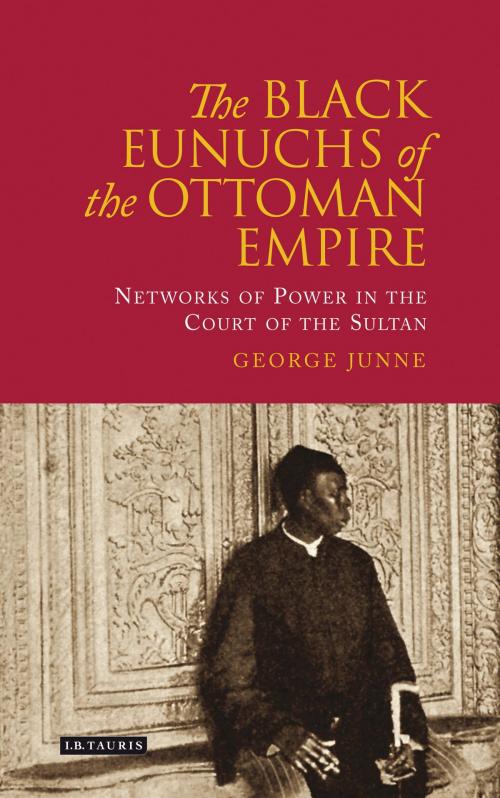The Black Eunuchs of the Ottoman Empire
Networks of Power in the Court of the Sultan
Nonfiction, History, Middle East| Author: | George H. Junne | ISBN: | 9780857728937 |
| Publisher: | Bloomsbury Publishing | Publication: | June 22, 2016 |
| Imprint: | I.B. Tauris | Language: | English |
| Author: | George H. Junne |
| ISBN: | 9780857728937 |
| Publisher: | Bloomsbury Publishing |
| Publication: | June 22, 2016 |
| Imprint: | I.B. Tauris |
| Language: | English |
At the height of the Ottoman Empire, black eunuchs - rare, castrated slaves imported from Africa - became a key part of court politics. Unlike white eunuchs, who were only permitted outside the palace, black eunuchs had access to the harem - the Sultan's inner court. The Chief Black Eunuch, appointed personally by the Sultan, had both the ear of the leader of a vast Islamic Empire and held power over a network of spies and informers, including eunuchs and slaves throughout Constantinople and beyond. The story of these remarkable individuals, who rose from difficult beginnings to become amongst the most powerful people in the Ottoman Empire, is rarely told. George Junne places their stories in the context of the wider history of African slavery, and places them at the centre of Ottoman history. The Black Eunuchs of the Ottoman Empire marks a new direction in the study of courtly politics and power in Constantinople
At the height of the Ottoman Empire, black eunuchs - rare, castrated slaves imported from Africa - became a key part of court politics. Unlike white eunuchs, who were only permitted outside the palace, black eunuchs had access to the harem - the Sultan's inner court. The Chief Black Eunuch, appointed personally by the Sultan, had both the ear of the leader of a vast Islamic Empire and held power over a network of spies and informers, including eunuchs and slaves throughout Constantinople and beyond. The story of these remarkable individuals, who rose from difficult beginnings to become amongst the most powerful people in the Ottoman Empire, is rarely told. George Junne places their stories in the context of the wider history of African slavery, and places them at the centre of Ottoman history. The Black Eunuchs of the Ottoman Empire marks a new direction in the study of courtly politics and power in Constantinople















